Install Steam
login
|
language
简体中文 (Simplified Chinese)
繁體中文 (Traditional Chinese)
日本語 (Japanese)
한국어 (Korean)
ไทย (Thai)
Български (Bulgarian)
Čeština (Czech)
Dansk (Danish)
Deutsch (German)
Español - España (Spanish - Spain)
Español - Latinoamérica (Spanish - Latin America)
Ελληνικά (Greek)
Français (French)
Italiano (Italian)
Bahasa Indonesia (Indonesian)
Magyar (Hungarian)
Nederlands (Dutch)
Norsk (Norwegian)
Polski (Polish)
Português (Portuguese - Portugal)
Português - Brasil (Portuguese - Brazil)
Română (Romanian)
Русский (Russian)
Suomi (Finnish)
Svenska (Swedish)
Türkçe (Turkish)
Tiếng Việt (Vietnamese)
Українська (Ukrainian)
Report a translation problem










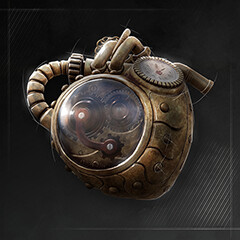


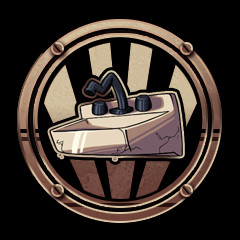





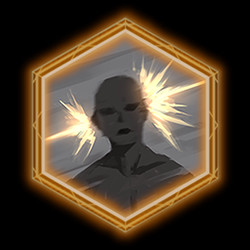



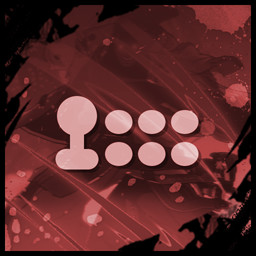








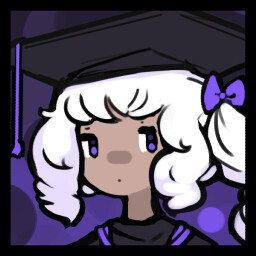
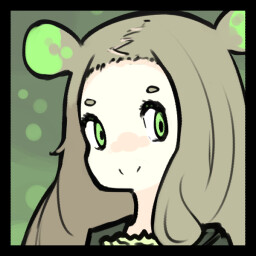
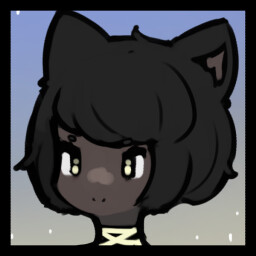
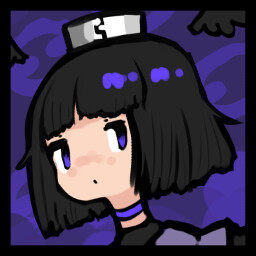
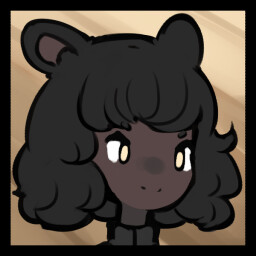


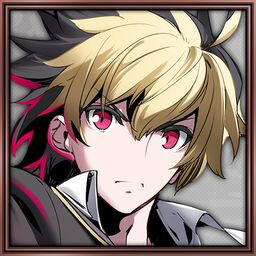









Most of us think we are superior to potatoes. We eat them. We control their growth and population. We think they are merely lifeless objects with only one purpose; to be food.
We are wrong. Potatoes have lives and souls, and they should be treated with respect.
Although humans were the ones who domesticated them, wild potato-like plants had probably existed far longer than hominids had. If this is true, it can be argued that potatoes are actually superior to humans.
There may be a low chance that potatoes will mutate into intelligent life forms and dominate human beings in the far future.
Fjfjfjfjfjfjfjfjfjfjfjfjfjfjfjfjfjf.